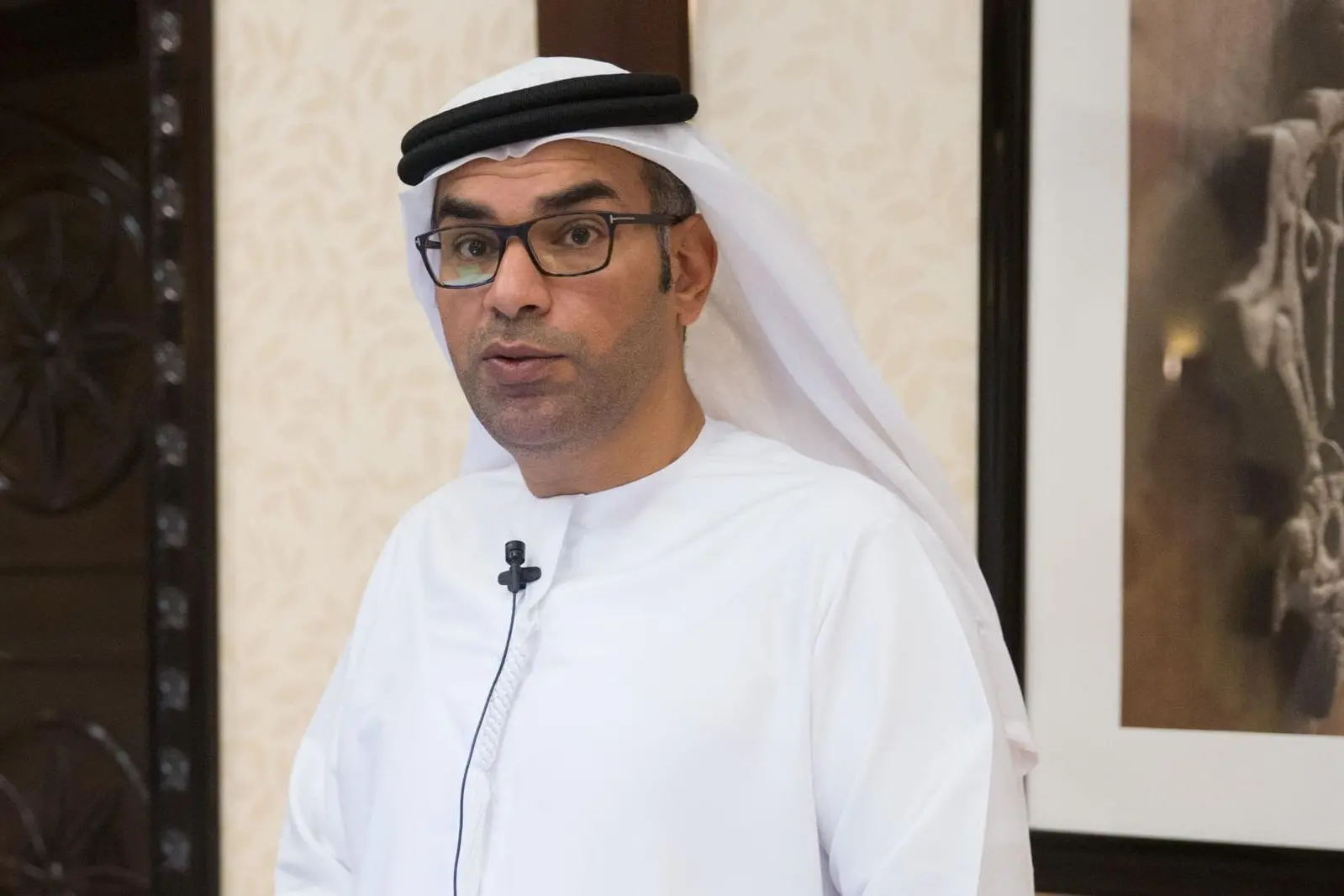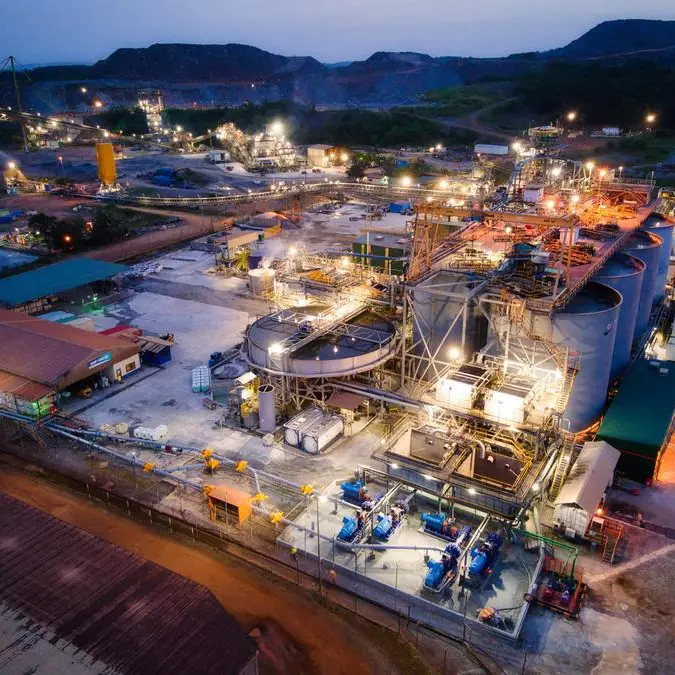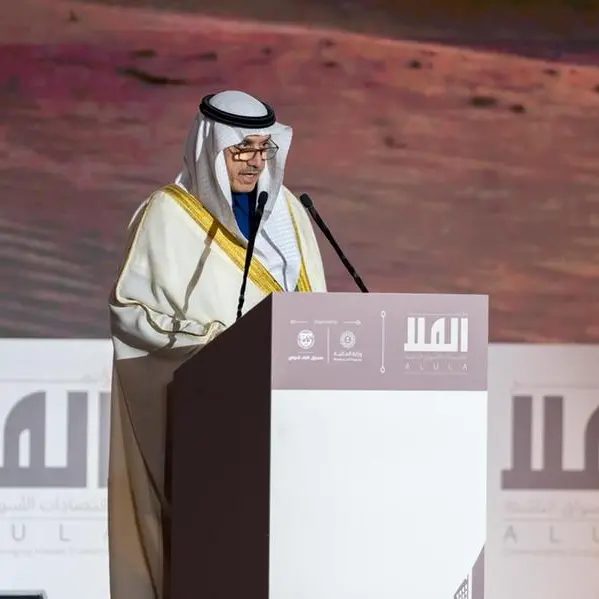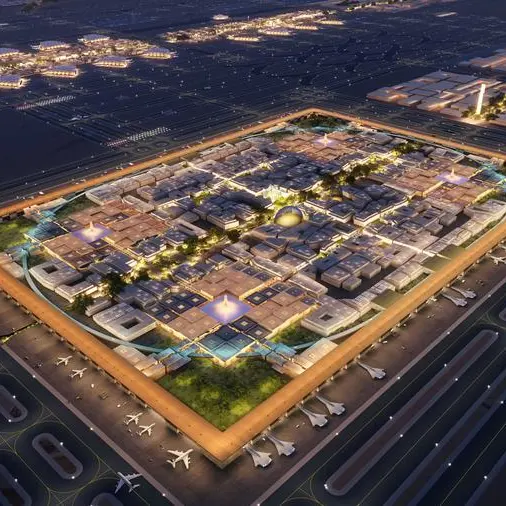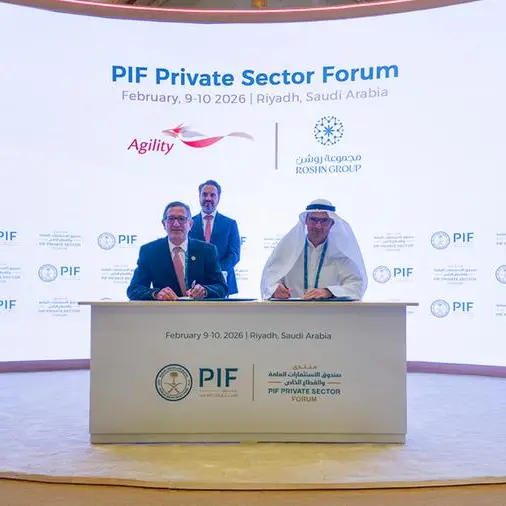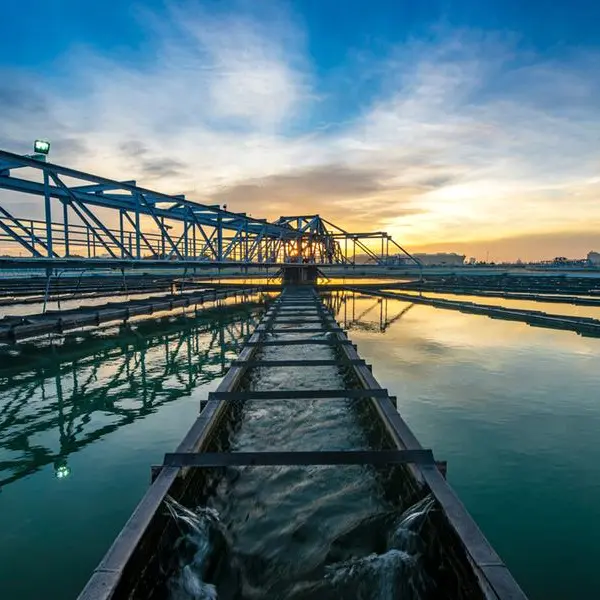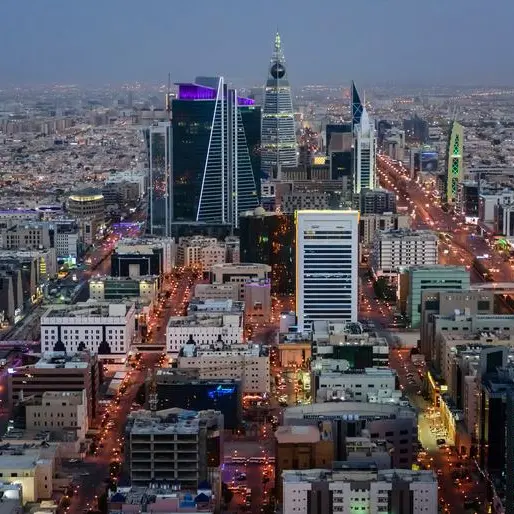PHOTO
15 May 2019
The emirate of Ras Al Khaimah (RAK) in the United Arab Emirates (UAE) is moving forward with its energy efficiency strategy with a pipeline of projects to promote its building retrofit market, the director general of RAK Municipality has said.
Munther Mohammed bin Shaker told Thomson Reuters Projects that the municipality has developed a pipeline of more than 100 buildings, mainly government-owned, that are being audited for possible retrofits.
The northern emirate launched its building retrofit programme in October 2018 with a target to retrofit 3,000 buildings by the end of 2040.
"[The] pilot [retrofit] projects have already started. The first one involved the retrofit of municipality buildings through a guaranteed savings contract, which will bring 31 percent savings on energy and water consumption," said Shaker during an interview at his office.
The building retrofit programme is one of the nine programmes of the RAK Energy Efficiency and Renewable Energy Strategy 2040, which aims to achieve 30 percent energy savings, 20 percent water savings and 20 percent of generation from renewable energy sources over the next two decades.
The director general said other [building retrofit] projects are currently in the tendering phase, noting that the audit programme, mandated under Resolution no. 15 of 2018 from HH Sheikh Saud bin Saqr Al Qasimi, Member of the Federal Supreme Council and Ruler of Ras Al Khaimah, will support "the continuous development of a project pipeline."
Shaker pointed out significant retrofit opportunities exist in the emirate's existing stock of 65,000 buildings that pre-date the introduction of Barjeel green building regulations, which focuses on driving energy and water efficiency for all new buildings in the emirate.
The voluntary phase for Barjeel came into effect from 29 January 2019, according to a Thomson Reuters Projects report in the same month.
"While the age and type of the buildings may differ greatly, there is significant opportunity for energy efficiency for large part of the building stock" he said, noting that the pre-Barjeel buildings were developed without specific requirements addressing their energy consumption.
The audit programme, Shaker emphasised, is helping the municipality identify and prioritise buildings with the highest opportunities for retrofits and prepare the ground for the development of energy efficiency services market.
"This will help generate an early pipeline of projects involving government entities, allowing ESCOs [energy service companies] to start operating in RAK," he explained, adding that the programme framework has already been established.
The key elements of the framework, according to Shaker, include designating the Energy Efficiency and Renewables Office of the Municipality (REEM) as the Super-ESCO for retrofit projects in the government and commercial sectors; implementing an ESCO accreditation scheme to ensure ESCOs have the right technical and financial capabilities, and instituting contract standards.
The Municipality has developed incentives for approved ESCOs and Energy Auditors, for both free zone and mainland business set-up, to promote the growth of the building retrofit market in collaboration with RAK DED [Department of Economic Development] and RAKEZ [RAK Economic Zone].
"In addition to the initial project pipeline, we have introduced incentives for ESCOs who decide to set up their operations in RAK, through reduced business set-up fees," he explained.
While initial assessments have indicated retrofit opportunities across all segments of buildings, the director-general said they will start with the larger buildings, "which offer the best conditions of scale and returns for this type of projects."
"But we will eventually extend to all sectors, including residential," he assured, adding that the Municipality is "examining specific projects" in the residential sector and at the same time, focussing on raising awareness levels.
"As part of this [awareness], a Model Villa initiative has been launched in partnership with Masdar, where a local family's villa has been selected, by public draw, to be retrofitted free of charge," he said.
ESCO contracting models
With an aim to make retrofit projects viable and attractive to partnering ESCOs, Shaker said the emirate has adopted two contracting models - a guaranteed savings model, and a shared savings model.
"The contracting model determines where the financing comes from," he said.
In the guaranteed savings model, he explained, the participant entity invests and the ESCO offers a guarantee of the savings to be achieved while in the shared savings model, the ESCO invests and is repaid by a share of the savings that are achieved during the contract period.
"At the moment, Ras Al Khaimah already has examples of both [contracting models]," he said, noting that the Municipality, through REEM, operates as an advisor throughout the project's lifecycle, from the initial audit through tendering and contracting, up to Measurement and Verification (M&V) of the savings.
The Municipality has also designed industry-friendly tender norms to minimise cost, complexity and risk of participation for the ESCOs.
Shaker elaborated: "We shortlist the ESCOs who are asked to submit an offer from the early stages; therefore, an ESCO who is asked to submit an offer has relatively good chances of being selected."
Furthermore, an investment grade audit, which is the main cost item for the ESCO in the preparation of the bid, is needed only after selection of the best bidders, "when the ESCO has a very high likelihood of winning the project."
Rooftop solar programme
RAK Municipality has also rolled out a rooftop solar initiative within the energy efficiency and renewable energy strategy's solar programme through a pilot project to install solar carports at the municipality head office.
"The municipality is collaborating with various federal government bodies to develop a suitable regulatory framework to promote rooftop solar installations," said Shaker.
In the meantime, he said the municipality is promoting rooftop solar among developers through the Barjeel green building regulations.
"With an innovative approach for the region, Barjeel requires for most building types that their roof be made ready for future solar photovoltaic (PV) installations," he said.
The solar programme aims to promote solar energy for on-site and utility-scale applications with an ambitious target to reach 1,200 megawatt peak (MWp) of total capacity by 2040, according to an infographic from RAK Municipality.
(Reporting by Anoop Menon; Editing by Mily Chakrabarty)
(anoop.menon@refinitiv.com)
Our Standards: The Thomson Reuters Trust Principles
Disclaimer: This article is provided for informational purposes only. The content does not provide tax, legal or investment advice or opinion regarding the suitability, value or profitability of any particular security, portfolio or investment strategy. Read our full disclaimer policy here.
For more data, analytics, tools and news on projects in the Middle East visit the Thomson Reuters Projects portal
© Thomson Reuters Projects News 2019
